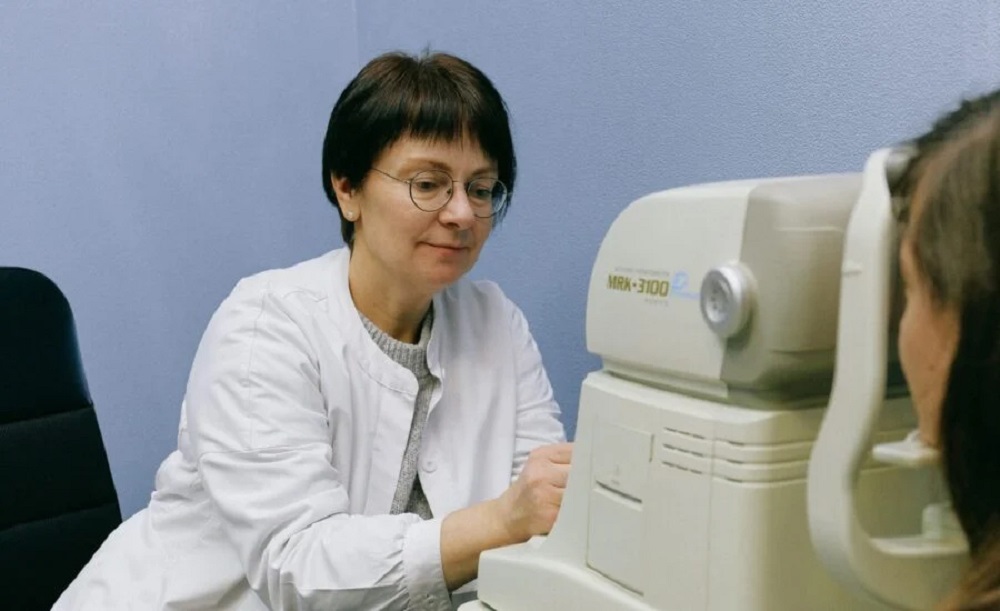The article “Can you change your mind about taking CPP early?” was originally published in MoneySense on August 3, 2021. Photo by Anna Shvets from Pexels.
Rena started receiving Canada Pension Plan benefits at age 60 and wants to know if she can now defer the pension, or if other options are available.
Q. I am 62 years, 10 months of age, and still working but plan to retire (early) at the end of November 2021 with an unreduced employer pension.
I have been collecting CPP for 28 months because I needed the extra money at the time, but I am in a better financial position now.
Can I ask to stop collecting my CPP for a couple of years to “grow” those funds and pick it up again a few years later, or is it that once you draw CPP you must continue?
–Rena
A. Canada Pension Plan (CPP) retirement pension is a government pension calculated based on your contributions from employment and self-employment income. A recipient can apply for their CPP as early as age 60.
If you start CPP before age 65, your pension is reduced by 0.6% per month, or 7.2% per year. That would mean a 36% reduction in your pension at age 60.
Canadians can also opt to delay CPP until age 70 and, in contrast, there is a 0.7% monthly enhancement after 65, or 8.4% per year, for a maximum 42% increase at age 70.
If someone has relatively good health, they may receive more lifetime income by deferring their CPP, but there are many factors to consider.
Rena, it sounds like you started CPP early due to cash flow concerns; you needed the extra income. As you’re still working, you will notice on your pay stub that you’re still contributing to CPP, as is your employer. (There is a matching CPP contribution made by employers for employees, while self-employed people pay the employee and employer contributions.)
Your CPP will have increased each year due to both inflation adjustments and your contributions through payroll deductions for the previous year. The CPP is adjusted annually for increases in the Consumer Price Index (CPI). If someone is under age 65 and still working, they must continue to make contributions based on their earnings, and those earnings may increase their CPP pension calculation.
You cannot opt out of CPP contributions until you are at least 65 years of age.
It sounds like you will retire prior to age 65, Rena. I appreciate that you may no longer need or want your CPP pension right now, but once you have been receiving your pension for six months, you do not have the opportunity to stop or pause it.
You will be entitled to another government pension called Old Age Security (OAS). This pension can start as early as age 65 or as late as age 70. For each month of deferral after 65, it increases by 0.6% per month, or 7.2% per year. It is not as lucrative as CPP to defer OAS to after age 65, but in your case it will be an opportunity to keep some of your additional pension income for the future.
If you now have more cash flow than you need, Rena, there may be other alternatives given you cannot stop CPP. If your income is relatively high, and is likely to be lower in retirement, you could consider Registered Retirement Savings Plan (RRSP) contributions, if you have any room. You may not have much after 20 years in a pension plan, given pension plan members have a pension adjustment that reduces their RRSP room. But you may have RRSP room from prior to joining your current employer.
You could also use your extra cash flow to contribute to your TFSA. Although tax-free savings accounts do not result in a tax deduction, they help with tax savings. Contributed amounts grow tax-free and withdrawals are tax-free as well.
CPP, OAS and employer defined benefit (DB) pensions, once started, cannot be stopped. It is important to plan ahead when you have pensions to determine if the time is right to begin collecting. If you start a pension and change your mind, although there may not be a way to stop the payments, there may be ways to reduce income tax or do something else with the extra cash flow to invest it for the future.
Jason Heath is a fee-only, advice-only Certified Financial Planner (CFP) at Objective Financial Partners Inc. in Toronto. He does not sell any financial products whatsoever.

